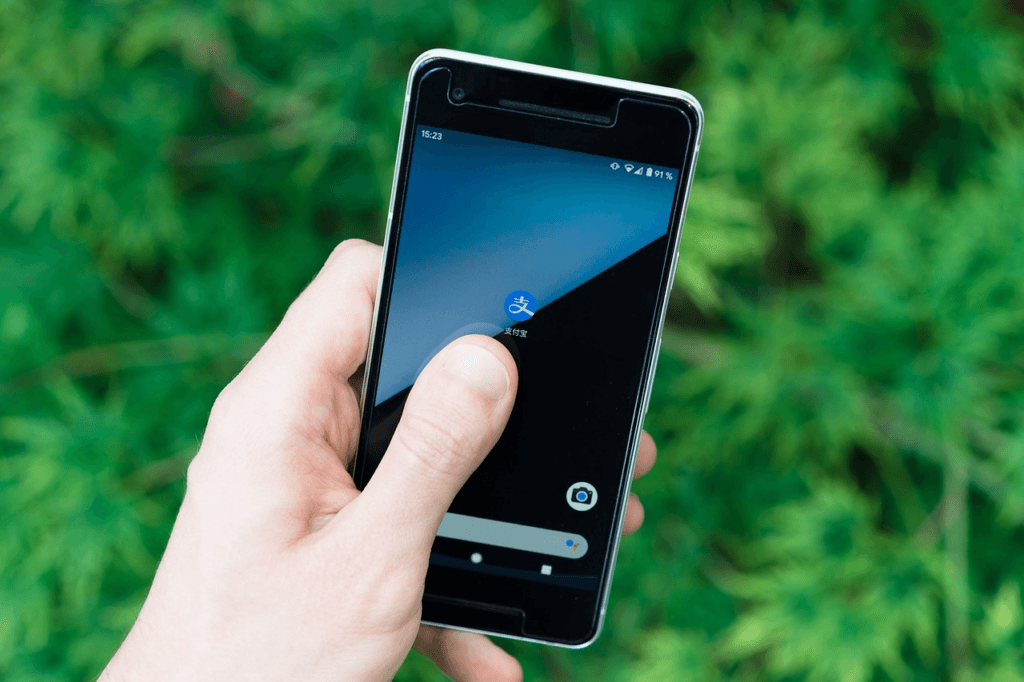Table of Contents
Is it good to communicate Alibaba supplier from Whatsapp? When you’re navigating the vast marketplace of Alibaba, finding the perfect supplier is only part of the journey. The next big step is communication. Many suppliers are increasingly open to discussing business on platforms like WhatsApp. But is it the right move for you? This article explores the benefits and risks of connecting with Alibaba suppliers via WhatsApp, helping you make informed decisions for your business.

Why Consider Communicating with Alibaba Suppliers on WhatsApp?
WhatsApp offers unparalleled ease of use. Its straightforward design allows you to exchange messages, images, and even voice notes quickly. Unlike email or other platforms, notifications on WhatsApp are immediate, ensuring faster responses. When time is of the essence—such as finalizing product specifications or troubleshooting issues—it can feel like a lifesaver.
Moreover, WhatsApp enables effortless media sharing. Need to send a product blueprint or request a live video of the manufacturing process? It’s as simple as tapping a button. And because WhatsApp is widely used globally, it bridges communication gaps, making conversations more personal and accessible.
The Pros and Cons of Using WhatsApp for Supplier Communication
Pros of Communicating with Alibaba Suppliers on WhatsApp
- Faster Communication: Conversations happen in real-time, enabling quick resolutions to questions or changes.
- Convenience: Access chats on your phone, tablet, or desktop for seamless transitions between devices.
- Building Relationships: Informal chats, emojis, and voice notes help build rapport, creating a stronger business connection.
Cons of Communicating with Alibaba Suppliers on WhatsApp
- Security Risks: WhatsApp conversations lack the purchase protection Alibaba provides. This could expose you to scams.
- Privacy Issues: Sharing your personal phone number may lead to unwanted messages or spam.
- Difficulty in Tracking Agreements: Important details or promises might get lost in casual chat formats.
When to Use WhatsApp for Alibaba Supplier Communication
While WhatsApp offers flexibility, it’s essential to know when it’s appropriate to use it for supplier communication.
Ideal Scenarios
- Clarifying Product Details: Use WhatsApp to fine-tune specifications or discuss minor changes.
- Sharing Multimedia: Send or receive images, videos, and design files for real-time feedback.
- Quick Updates: Notify suppliers of urgent changes or follow up on ongoing discussions.
Scenarios to Avoid
- Payment Negotiations: Always handle pricing and payments through Alibaba’s platform to safeguard your transactions.
- Contracts and Formal Agreements: Important agreements should remain documented on Alibaba for accountability.

Table: Ideal vs. Avoidable Scenarios
| Ideal Scenarios | Avoidable Scenarios |
|---|---|
| Clarifying product specifications | Making payments outside Alibaba |
| Quick updates on order progress | Negotiating contracts or pricing |
| Sharing design customizations | Communicating with unverified suppliers |
Tips for Safe and Effective Communication on WhatsApp
When communicating with suppliers, safety should always come first.
Protect Yourself While Using WhatsApp
- Verify the Supplier: Cross-check their profile and reviews on Alibaba before moving to WhatsApp.
- Use WhatsApp for Secondary Communication: Keep critical discussions, such as payments, on Alibaba.
- Document Conversations: Take screenshots of important messages for future reference.
Effective Communication Strategies
- Be Clear and Direct: Avoid misunderstandings by keeping your messages concise and precise.
- Confirm Agreements on Alibaba: Always formalize deals on Alibaba for added protection.
- Leverage Media Sharing: Use WhatsApp to send detailed images or videos for quick approval or clarification.
Alternatives to WhatsApp for Supplier Communication
Although WhatsApp is popular, there are other tools you might find more suitable for specific tasks:
- Alibaba’s Messaging Platform: Offers a secure, trackable medium for communication with built-in purchase protection.
- WeChat: Widely used in China, it includes messaging, payment integration, and file-sharing features.
- Email: Ideal for formal discussions, sharing lengthy documents, and maintaining a record of communication.
FAQ
Is it safe to communicate with Alibaba suppliers on WhatsApp?
Yes, but it’s crucial to use it alongside Alibaba’s platform for added security. Keep payment and contractual discussions on Alibaba to minimize risks.
What are the benefits of using WhatsApp over Alibaba’s messaging system?
WhatsApp offers faster communication, easier sharing of media files, and a more casual way to build rapport with suppliers.
Should I negotiate pricing on WhatsApp?
No. Always handle pricing negotiations on Alibaba to ensure compliance with their policies and to maintain a proper record.
Conclusion
Communicating with Alibaba suppliers on WhatsApp can be a double-edged sword. While it offers speed, convenience, and an opportunity to build better relationships, it’s essential to balance these benefits with the security and accountability provided by Alibaba’s messaging platform.
To ensure a smooth and secure buying experience, use WhatsApp wisely and rely on Alibaba for formal agreements and transactions. Have you tried WhatsApp for supplier communication? Share your experiences or tips in the comments below!
You can read more tech news by clicking here.
You can find other apps for android devices from SoluTechs in this post.
Or you can check our Play Store apps:

